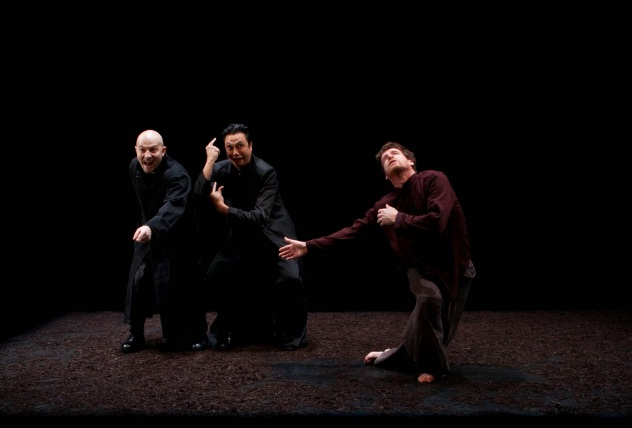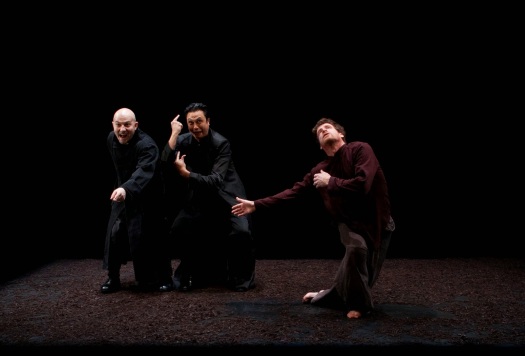Performance and Interculturalism Now: New Directions? A Symposium
NUI Galway, April 10-11, 2015.
Interculturalism has long been one of the most vigorously debated theoretical keywords in the field of theatre and performance studies. Intercultural performance depends on the hybrid mixture of performance forms from different cultures (typically East and West), but in whose interest, to whose ends and on what terms? Is intercultural performance a utopic ideal or coercive construct as it has most stereotypically been associated with ‘Western’ appropriations of ‘Eastern’ forms? Is it irreparably weighted down by histories of colonialism, cultural imperialism, and structural inequality that have often set its production conditions? Or can conscious and politically engaged work by artists/activists exceed and/or transform this history without negating the power of its living memory by manipulating the ideals and flows of intercultural performance in new ways?
“Performance and Interculturalism Now: New Directions?” brings together international leaders in the field to respond to a recent resurgence of critical activity around this term that has multiplied rather than limited its contemporary resonances. This symposium will explore historical approaches to intercultural performance, Asian and other oppositional models of interculturalism that challenge (and/or reify) Western hegemonies, the use of interculturalism within migrant performance cultures, and interculturalism as aesthetic practice and social policy in the European Union and Canada among other themes. Why return to interculturalism and what can it mean for how we study performance now?

